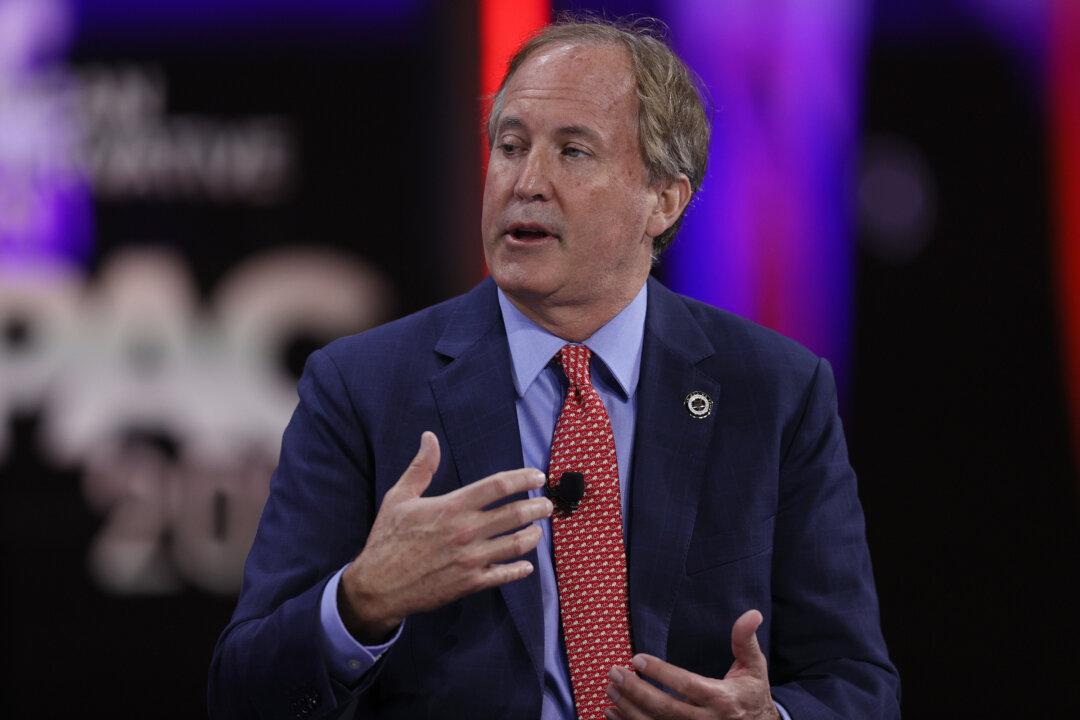Texas can bar social media platforms from censoring users based on their political views, a federal appeals court ruled on May 11.
The 5th U.S. Circuit Court of Appeals panel reversed a district judge’s decision that blocked Texas from enforcing a law that bars platforms from censoring a user based on their viewpoint or location.





